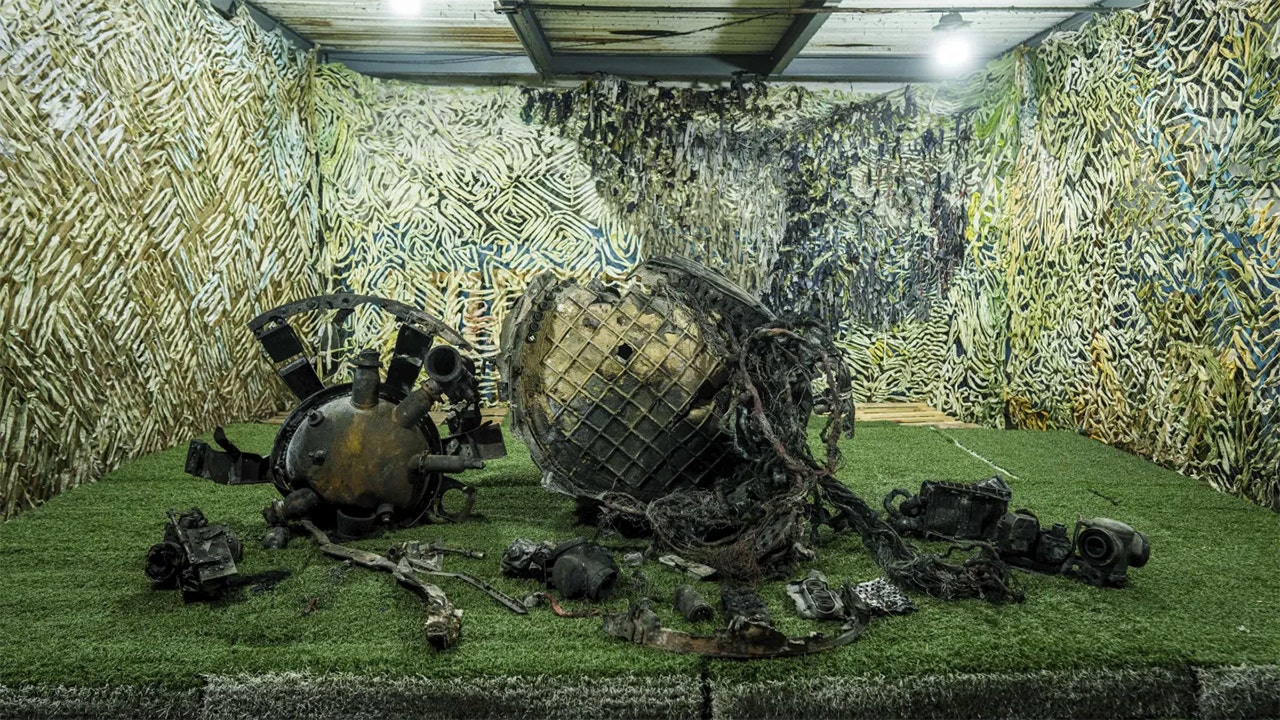Antony J. Blinken, the U.S. secretary of state, held meetings on Sunday with leaders in Jordan as part of a days-long Middle East tour aimed at reducing the risk that the war in Gaza could spread in the region.
Mr. Blinken met separately in Amman with King Abdullah II, the ruler of Jordan, and Ayman Safadi, the foreign minister. He then visited a warehouse with boxes of canned food that was intended to be brought into Gaza on trucks organized by the United Nations World Food Program.
Sheri Ritsema-Anderson, the resident U.N. coordinator in Jordan, told reporters that in her 15 years working in the Middle East, she had never seen a humanitarian situation as dire as the one in Gaza, describing it as an “epic catastrophe.”
She said about 220 trucks of various types of aid and fuel are now getting into Gaza daily, but that is only a fraction of the amount needed.
Before the Oct. 7 Hamas attacks that prompted Israel to launch airstrikes and a ground invasion in Gaza, which has forced most of the territory’s 2.2 million Palestinians from their homes, about 600 to 800 trucks carrying supplies were entering Gaza each day. The territory has been under a de facto blockade by Israel and Egypt for more than 16 years.
Mr. Blinken praised the U.N. food program, saying it was doing its work “at tremendous risk” — a reference to the dangers posed by Israeli airstrikes. And he emphasized the need to effectively distribute the aid “everywhere in Gaza.” Aid trucks are entering Gaza through border crossings in the south, after being inspected by Israeli authorities. Although Israel has been withdrawing some combat forces from northern Gaza, much of the aid is not reaching the north, the most devastated part of the strip.
Mr. Blinken was in Turkey on Saturday, meeting with his Turkish counterpart and with President Recep Tayyip Erdogan, with whom he discussed the need to keep the Gaza conflict from spreading, among other subjects, according to a State Department statement. Later, he met with Greece’s prime minister, Kyriakos Mitsotakis, on the island of Crete.
Speaking to reporters, Mr. Blinken said that “we want to do everything possible to make sure we don’t see escalation” in the violence between Israel and Hezbollah. He also indicated that Turkey could play a role in a plan for postwar Gaza.
“I think from our conversations today, it’s clear that Turkey is prepared to play a positive, productive role in work that needs to happen the day after the conflict ends,” he said.
Josep Borrell Fontelles, the European Union’s top diplomat, is separately visiting the Middle East and was in Lebanon on Saturday, where he said his priority was to “avoid regional escalation and to advance diplomatic efforts” for peace in the region. Israel has been engaged in a low-level second conflict with the powerful Lebanese militia Hezbollah, an ally of Hamas and a fellow proxy of Iran.
That second front has mostly been contained within the border areas of northern Israel and southern Lebanon, with both sides generally limiting their strikes to within a few miles of the border, far from major cities like Tel Aviv or Beirut.
But the assassination of a senior Hamas commander, Saleh al-Arouri, last week in Beirut, Lebanon’s capital, in a neighborhood that is a Hezbollah stronghold, prompted fears that Hezbollah might respond with a more forceful attack of its own on major cities in central Israel. The attack was attributed by Hamas and Hezbollah to Israel. Lebanese and U.S. officials have also ascribed the attack to Israel, though Israel has not confirmed its role.





